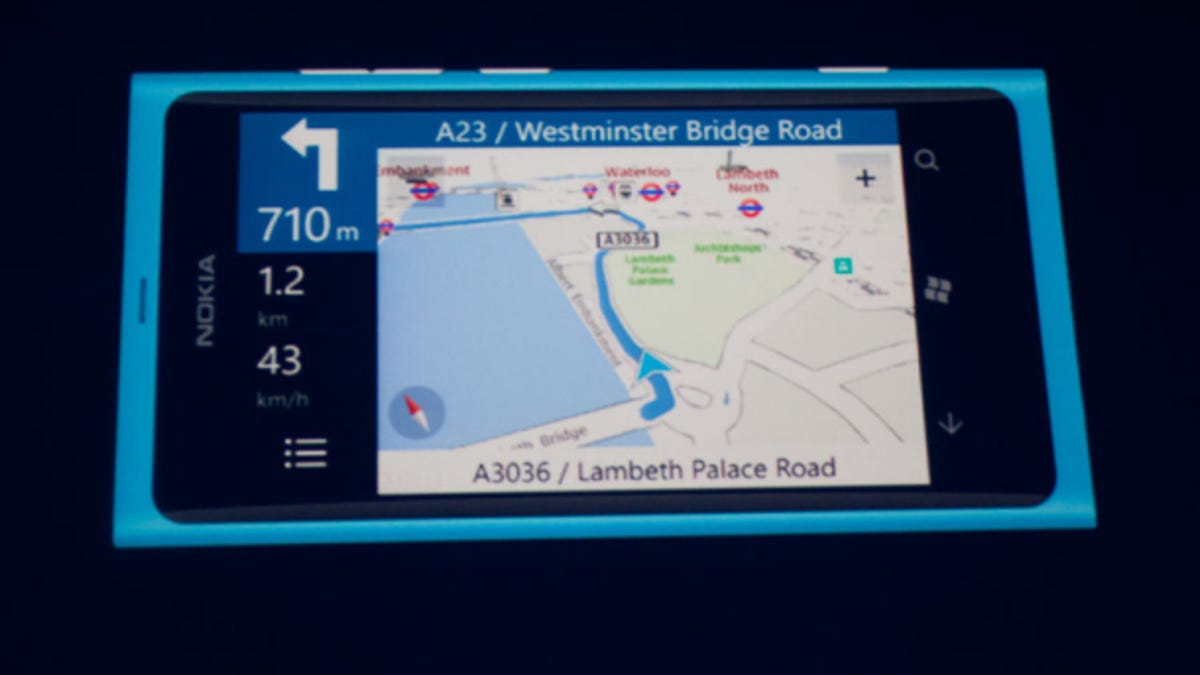Nokia hints at tablets--but does it have what it takes?
The company's CEO, Stephen Elop, says that he can see Nokia's Lumia "environment" making its way to Windows 8 tablets.

Nokia CEO Stephen Elop may have his sights set on Apple's iPad once Windows 8 launches next year--but he's going to need a fair share of luck to succeed where so many others have failed.
Whether or not Nokia could buck the trend of non-Android vendors failing in the tablet space remains to be seen. But Elop appears to believe that the unique mix of Windows 8 and a hardware setup similar to that of his company's new line of Lumia Windows Phone 7-based handsets might make the difference for Nokia in the tablet space.
"When you see the user experience from the Nokia Lumia environment appearing on hundreds of millions of tablets and PCs in the future, you can see that there is a clear synergy between all those environments," Elop said in an interview earlier this week with the Financial Times. "So that presents an interesting opportunity for Nokia."
Currently, Apple dominates the tablet space. According to a study released last week by research firm Strategy Analytics, Apple's tablet secured 66.6 percent of the tablet market in the third quarter, thanks to 11.1 million iPad shipments. Android-based tablet shipments hit 4.5 million in the third quarter, helping those devices capture 26.9 percent of the space. Between them, iOS and Android secured 93.5 percent of the tablet market during the period.
• Apple to sell 149 million iPads in '15, researcher says
• Android coming on strong in tablets, Q3 data shows
• Can Nokia's Lumia line save Windows Phone?
It's that last figure that has proven to be most troubling to other tablet vendors that have tried and failed to carve out a significant portion of the market.
HP earlier this year was forced to discontinue its TouchPad tablet after the device failed to catch fire with consumers. And although RIM's BlackBerry PlayBook is still on store shelves, Strategy Analytics said that its QNX operating system took just 1.2 percent of the market last quarter.
Last month, research firm Gartner said that it believes iOS will secure about 45 percent of the worldwide tablet space in 2015 with 149 million unit sales. Android will take the second spot with about 36 percent of the market under its belt, leaving less than 20 percent of the space to all others.
But Gartner also expects some serious growth in the market, so even companies with relatively little market share could still generate serious revenue. In fact, the research firm believes Windows will be running on about 4.3 million tablets shipped next year and 34 million units that hit store shelves in 2015.
So Elop might be on to something. And as history has shown, lots can change in a year, let alone four years. But at least so far, not running Android or iOS is a real problem for tablet vendors.
Nokia did not immediately respond to CNET's request for comment on its possible tablet plans.

